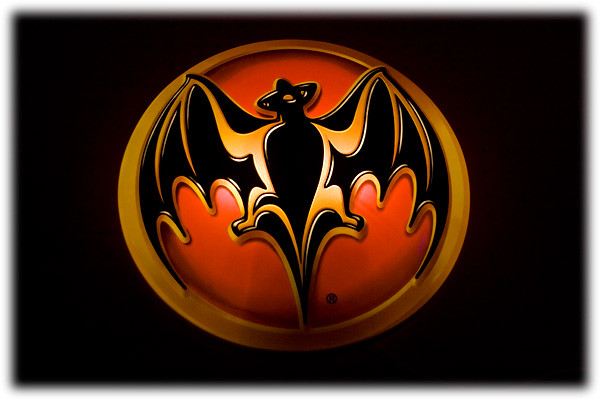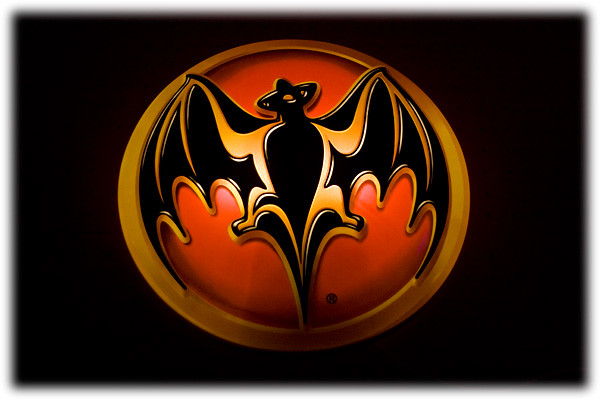
Bacardi, a family-owned spirits company, has achieved a significant milestone by successfully conducting the world's inaugural commercial production of a hydrogen-fueled glass spirits bottle. This groundbreaking trial, conducted earlier this month, involved Bacardi collaborating with premium glassmaker Hrastnik1860 to introduce innovative technology. The new method utilized hydrogen as the primary energy source for the glass furnace, resulting in a substantial reduction in Greenhouse Gas (GHG) emissions commonly associated with traditional glass bottle production.
During the trial, Bacardi produced 150,000 of its iconic ST-GERMAIN® elderflower liqueur bottles, maintaining the identical appearance achieved through conventional methods. The hydrogen-powered glass furnace played a pivotal role, contributing over 60% of the fuel throughout the production process. As a result, GHG emissions were slashed by more than 30%. These environmentally friendly bottles will soon be available in bars and stores, marking a significant step forward in sustainable and eco-friendly spirits packaging.
“Piloting this lower carbon glass production is another example of Bacardi leading the industry in environmental best practice,” said Rodolfo Nervi, Vice President, Safety, Quality and Sustainability for Bacardi.
“We will take the learnings from the trial to help shape a pathway to hydrogen-fueled glass production and create a blueprint for others to follow. It’s only through making change as an industry that we can bring significant change to our impact on the environment.”
Peter Čas, the CEO of Hrastnik1860, expressed, "The successful production of premium glass bottles with lower emissions on a commercial scale, without compromising quality, validates the efforts we've put in. Much like Bacardi, we are dedicated to pioneering innovations that reduce emissions while upholding premium quality. This groundbreaking technology demonstrates that these two objectives can coexist, and we are now taking initial steps to bring it to the market."
In its pursuit of becoming the most environmentally responsible global spirits company, Bacardi remains committed to continual investment in new innovations. The company is actively exploring opportunities to leverage cutting-edge technology, aiming to realize its overarching goal of achieving Net Zero emissions.
To know more about Bacardi and its ESG commitments, click here.
During the trial, Bacardi produced 150,000 of its iconic ST-GERMAIN® elderflower liqueur bottles, maintaining the identical appearance achieved through conventional methods. The hydrogen-powered glass furnace played a pivotal role, contributing over 60% of the fuel throughout the production process. As a result, GHG emissions were slashed by more than 30%. These environmentally friendly bottles will soon be available in bars and stores, marking a significant step forward in sustainable and eco-friendly spirits packaging.
“Piloting this lower carbon glass production is another example of Bacardi leading the industry in environmental best practice,” said Rodolfo Nervi, Vice President, Safety, Quality and Sustainability for Bacardi.
“We will take the learnings from the trial to help shape a pathway to hydrogen-fueled glass production and create a blueprint for others to follow. It’s only through making change as an industry that we can bring significant change to our impact on the environment.”
Peter Čas, the CEO of Hrastnik1860, expressed, "The successful production of premium glass bottles with lower emissions on a commercial scale, without compromising quality, validates the efforts we've put in. Much like Bacardi, we are dedicated to pioneering innovations that reduce emissions while upholding premium quality. This groundbreaking technology demonstrates that these two objectives can coexist, and we are now taking initial steps to bring it to the market."
In its pursuit of becoming the most environmentally responsible global spirits company, Bacardi remains committed to continual investment in new innovations. The company is actively exploring opportunities to leverage cutting-edge technology, aiming to realize its overarching goal of achieving Net Zero emissions.
To know more about Bacardi and its ESG commitments, click here.


 Revolutionary Glass Bottle Production: Bacardi and Hrastnik1860 Redefine Quality with Lower Emissions Technology
Revolutionary Glass Bottle Production: Bacardi and Hrastnik1860 Redefine Quality with Lower Emissions Technology




 Companies
Companies